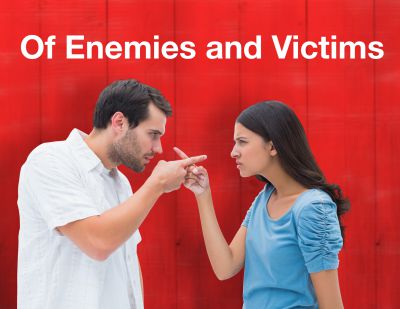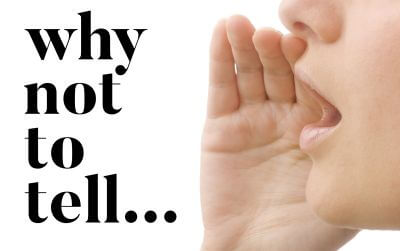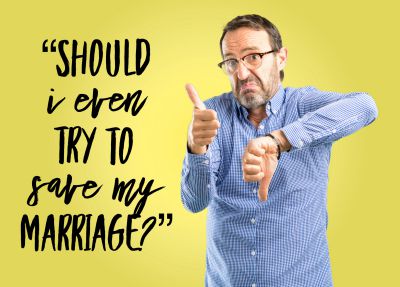Of Enemies and Victims
https://savethemarriage.com/stmblog/wp-content/themes/corpus/images/empty/thumbnail.jpg 150 150 Lee H. Baucom, Ph.D. Lee H. Baucom, Ph.D. https://secure.gravatar.com/avatar/669b7e375d93f77521ddaba08adb8063?s=96&d=blank&r=pg Roles. We all have them. We all play them.
Roles. We all have them. We all play them.
Some are “identity roles.” They identify us in the role. For example, I am “son,” “father,” “brother,” “husband.”
Some are “function roles.” They identify what we do. For example, I am “coach,” “therapist,” “author,” “speaker,” and “podcaster” (among others). They tell you what I do, what role I play in life.
Then there are “attribution roles.” They try to describe why we do something.
And it is in the arena of attribution roles that I want to focus some attention. Because those attributions, both on ourselves and others, can serve to keep us stuck. And keep others stuck in the roles we attribute to them.
Two very toxic roles are the roles of Enemy and Victim.
To be clear, there is a difference between being a victim of some circumstance and playing the role of Victim.
And to be crystal clear, no matter what has happened in your marriage to this point, you are NOT Enemies. That is a role that you may assign. But it will keep you stuck.
Listen in to this podcast episode for more on avoiding these roles… and what to do, instead.
RELATED RESOURCES:
Being On The Same Team
How To Be A WE
Dealing With Anger
Showing Up
Save The Marriage System
Podcast: Play in new window | Download
Subscribe: RSS



